
From virtual care platforms to precision medicine, data analytics to interoperability, the healthcare IT landscape is constantly changing thanks to new approaches driven by entrepreneurs making waves in the sector.

Mark Nathan, co-found and CEO of Zipari
Health insurance tech startup Zipari, nabbed $7 million in its first round of funding led by Vertical Venture Partners. The company will use the cash to meet the expanding demand for its suite of customer relationship management-centered software as a service for the health insurance industry.
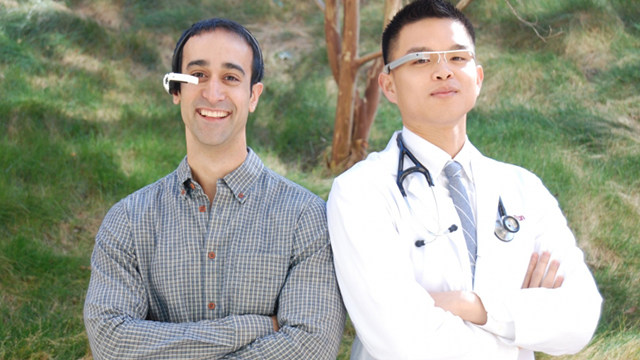
The San Francisco company's focus is a smartglass-powered remote scribe tool to assist physicians with charting and documentation. Augmedix co-founders Ian Shakil, left, and Pelu Tran.

AttackIQ will use the $8.8 million garnered in its first round of funding to expand its partner, sales and marketing initiatives, and build out its strategic services and engineering teams.
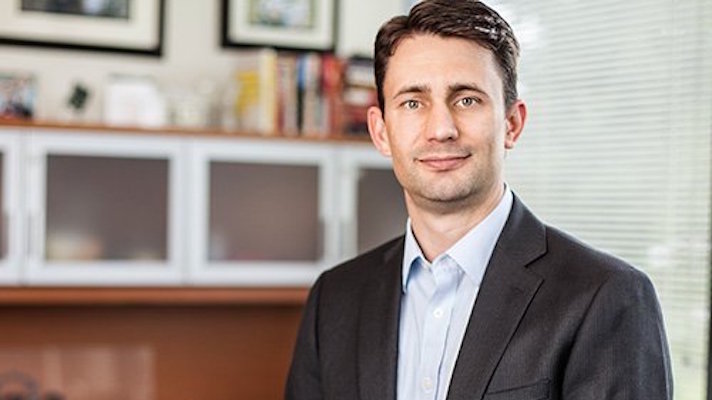
Avizia client New York Presbyterian, which has been a leader in video consults and telehealth, participated in this most recent $6 million investment that adds to the $11 million Avizia raised back in July. As Avizia CEO Mike Baird sees it, telehealth is a proven way for hospitals to close gaps in care and reduce unnecessary ER visits.
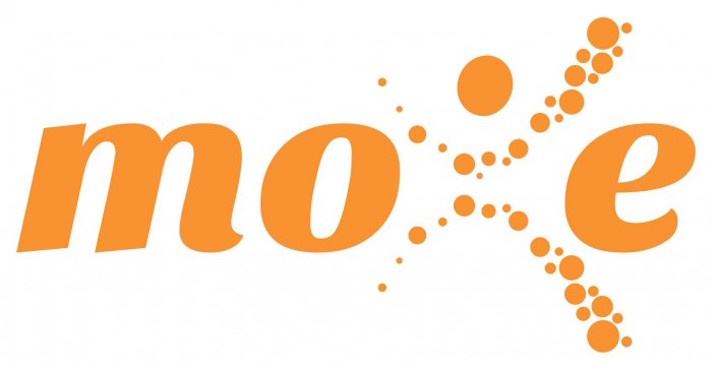
"The rules of healthcare are quickly being re-written, as technology presents an opportunity to facilitate more meaningful interactions between payers and providers," Moxe founder and CEO Dan Wilson says, "We enable workflows that are beneficial to both sides of the equation and focus on delivering patient health insights to providers while reducing administrative excess."

Welltok pulled in $33.7 million in a new round of funding and said it plans to use the investment to build out its CafeWell Health Optimization Platform. CaféWell enables population health managers to coach and inspire their clients to get healthier. The enterprise-level platform curates and connects consumers with benefits, resources and rewards, and it provides personalized action plans for each individual.
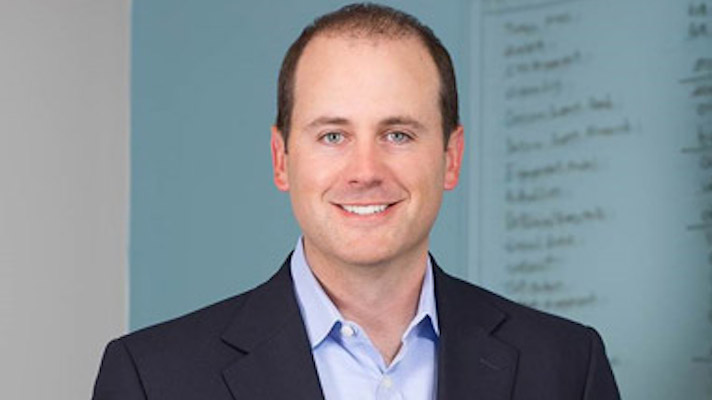
UPMC Enterprises, the commercialization arm of UPMC, has purchased all of Millennium Health’s interest in Portland, Maine-based RxAnte. The investment will go toward product development with in-house clinical expertise and accelerating growth. Founded in 2011, RxAnte manages medication use for nearly 7 million people on behalf of health insurers, providers and other stakeholders working to improve safe and effective prescription drug use. Josh Benner wil continue as CEO.

ReadCoor spins from Harvard after a $23M first round of funding
ReadCoor will commercialize the Wyss Institute’s FISSEQ – fluorescent in situ sequencing – technology. The startup has developed an imaging platformthat provides insight into cancer, infectious diseases, cognitive disorders and more. A team headed by Wyss core faculty member and ReadCoor co-founder George Church, invented and developed the platform.

Klara lands $3M in funding to further develop its HIPAA-compliant messaging platform for medical teams to centralize all patient-related communication in one place
Klara co-founders Simon Lorenz, left, and Simon Bolz, launched the company in 2014, They describe the technology as a "WhatsApp" for medicine.

Catalyze, a HITRUST certified cloud provider, has raised $6.5 million in a Series B funding round. "Customers have our team the unique opportunity to solve a multitude of data exchange challenges that fall outside of traditional standards," says Catalyze CEO Travis Good, MD, pictured above.

Cernostics CEO Mike Hoerres
Oncology diagnostics company Cernostics has pulled in a $5 million round of funding led by UPMC Enterprises, the commercial arm of UPMC. The funding will go toward growing and accelerating a new diagnostic test for people with Barrett’s Esophagus, a condition that can lead to cancer.

J. Patrick Bewley, CEO of Big Cloud Analytics
The startup’s COVALENCE Analytics Platform is designed to simplify healthcare and help enterprises better manage population health. The Atlanta-based startup, which offers real-time predictive analytics technology for the Internet of Things, has raised $4.5 million in first round fo funding.

CareSkore co-founders CEO Jaspinder Grewal and Puneet Dhillon Grewal, MD, chief medical officer
CareSkore, a population health management technology vendor, has raised $4.3 million in its initial round of funding. And former San Francisco 49ers quarterback Joe Montana is part of the team of investors backing the upstart.

Manoj Saxena, CognitiveScale executive chairman
CognitiveScale revealed a $21.8 million round of financing to advance its industry-specific machine intelligence software. “This funding will accelerate our mission to bring scalable, practical AI to the enterprise,” Saxena said.

Accolade CEO Rajeev Singh
Seattle-based Accolade, an on-demand healthcare concierge offering for employers, health plans and health systems, has raised $71.1 million to ramp up its technology platform. Accolade’s model combines personalized service with clinical support and consumer engagement technologies to uncover inefficient healthcare utilization and its impact on healthcare costs and outcomes. Cost savings range from 5-15 percent, Accolade said.
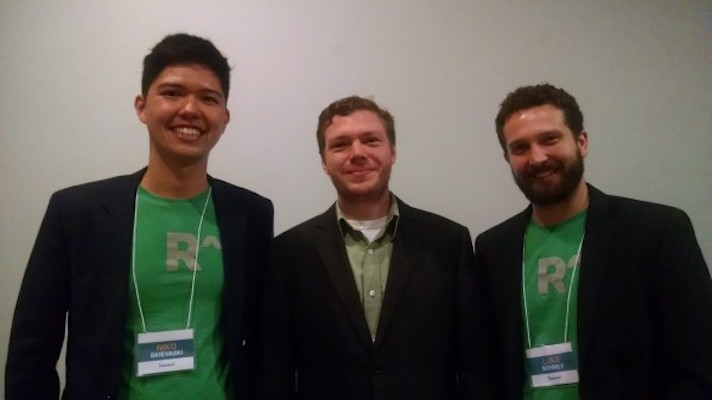
Luke Bonney Niko Skievaski and James Lloyd founded Redox in 2014. The Epic alumni who run Redox are aggressive about interoperability, and they claim it's easier to achieve than it seems. They call it "turnkey interoperability." Most recently Redox has integrated its health apps with Epic, Cerner and eClinicalWorks, among others.
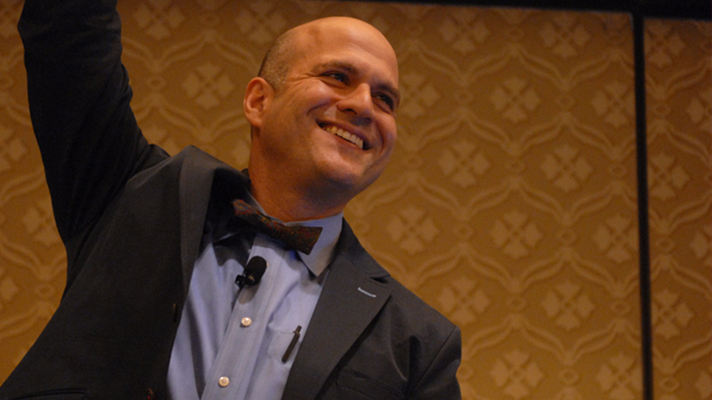
Aledade founder Farzad Mostashari, MD
Aledade, former ONC chief and physician Farzad Mostashari’s accountable care organization startup, is 'steady as she goes' as it enters its third year.
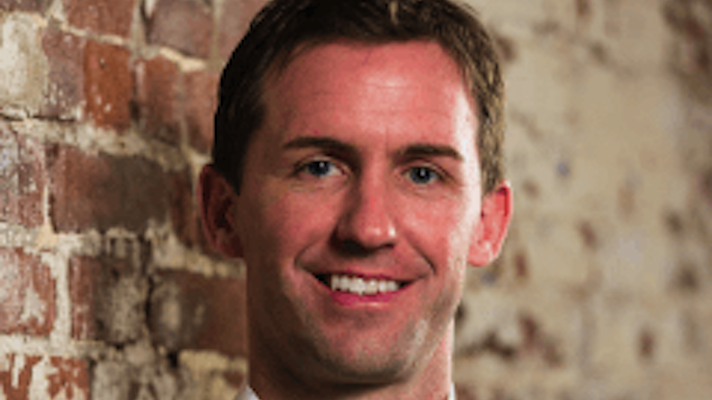
Omicia will expand HIPAA-compliant, cloud-enabled platform for research, population health, clinical trials. The startup landed $23 million in its Series B financing round, completed on June 8. UPMC led the funding.

ePatientFinder announced on June 9, it had raised $8.2 million tto build out its Clinical Trial Exchange platform. The EHR agnostic cloud-based service enables doctors to locate new treatment options, preventative procedures and clinical trials for their patients.

Intermountain led a $12 million funding round that Zebra said it will use to build out its analytics engine with machine learning algorithms for diagnosing imaging scans.

The forthcoming cloud service will monitor a user’s heart activity around the clock, according to CEO Ryan Howard.

The data science company said it will use the investment money to develop applications for care and quality measurement.

Decisio Health, a startup that aims to help acute-care provider organizations continually improve their clinical processes, launched the Decisio Health Clinical Intelligence Platform on May 17 and also announced $4.5M in Series A funding. The new platform is based on technology developed at the University of Texas Health Center. Read full story.

Andrew Kress, left, cofounder and CEO of HealthVerity and Andrew Goldberg co-founder and COO
HealthVerity’s technology enables customers to rapidly discover, license and assemble patient data from a wide range of traditional and emerging healthcare data sources that can aid pharmaceutical, hospital and payer organizations seeking to enhance patient insights from existing and new data sources. The startup has landed $7.1 million in its first round of funding.

Ruben Amarasingham, MD
Pieces Technologies landed $21.6 million in its first round of funding in March 2016. The investment will help the fledgling company advance its cloud-based population health management tools, said CEO and founder Ruben Amarasingham, MD. Pieces Tech’s software platform, incubated at the Parkland Center for Clinical Innovation, provides integrated monitoring, prediction, workflow optimization and organizational learning services specifically for hospitals and health systems.

Alejandro Foung, Lantern co-founder and CEO
Lantern, a San Francisco-based startup, with 17 employees, is working with UPMC Enterprises, the commercialization arm of the Pittsburgh-based healthcare giant, to further develop the company’s online mental health wellness services and products.

Health Catalyst CEO Dan Burton
Health Catalyst has raised $70 million in its fifth round of funding, bringing the total of venture capital it has attracted to $235 million.
Norwest Venture Partners, the lead investor in three previous rounds of funding, and UPMC Enterprises, the commercialization arm of UPMC, co-led the round. UPMC is also a Health Catalyst customer and technology development partner.
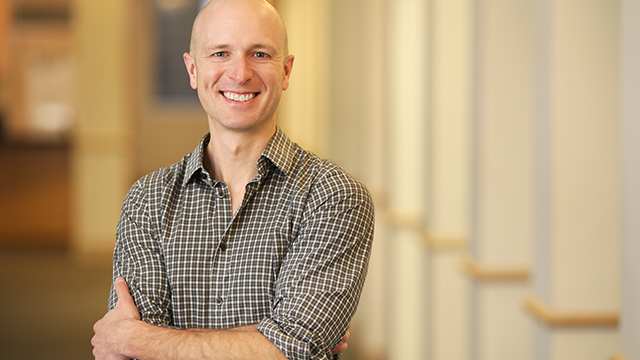
Zipnosis CEO Jon Pearce
Zipnosis, a startup that provides virtual care platforms, has raised $17 million in its Series A financing round to speed product development. Zipnosis describes its offering as a platform that empowers health systems to launch proprietary branded virtual care service lines staffed with their own clinicians. The goal is to maximize the clinician's time and ensure clinically appropriate patient outcomes.
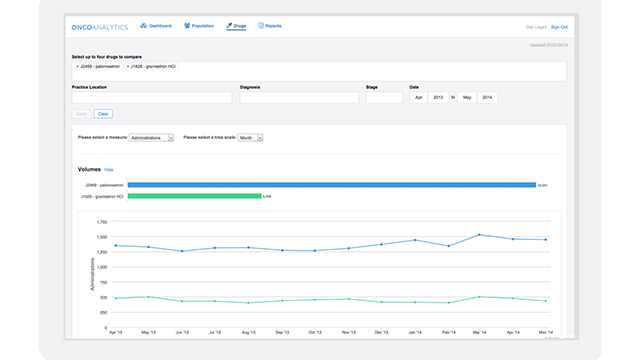
Nat Turner and Zach Weinberg, co-founders of Flatiron Health
In recent months New York-based Flatiron Health opened an office in San Francisco, completed a second round of funding – $130 million – in May 2014, and doubled down on using data to work on eradicating cancer. The company also joined forces with another oncology company to work on the next generation of cloud-based, electronic health record, data analytics and decision support software for cancer care providers around the world.
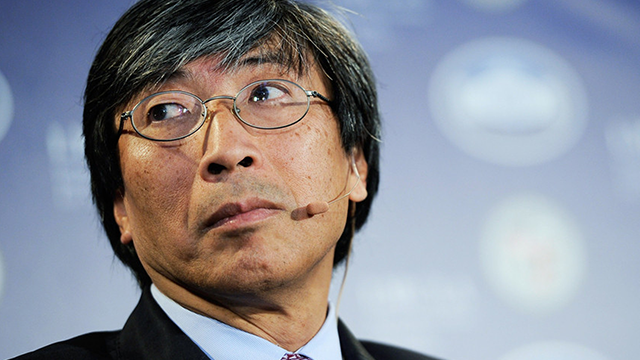
Patrick Soon-Shiong, founder and CEO of NantHealth
Patrick Soon-Shiong, businessman, surgeon, scientist and founder of health IT company NantHealth announced back in July 2015 that he planned to take the company public by the end of the year. "We feel we have one or two transactions to accomplish, then we will initiate the public offering that we anticipate will happen probably within this year," Soon-Shiong, was quoted in the Los Angeles Times. The health IT company aims to solve the interoperability crisis and also promises to take genomics and clinical decision support to a new level. We’re still watching for an IPO in 2016.























